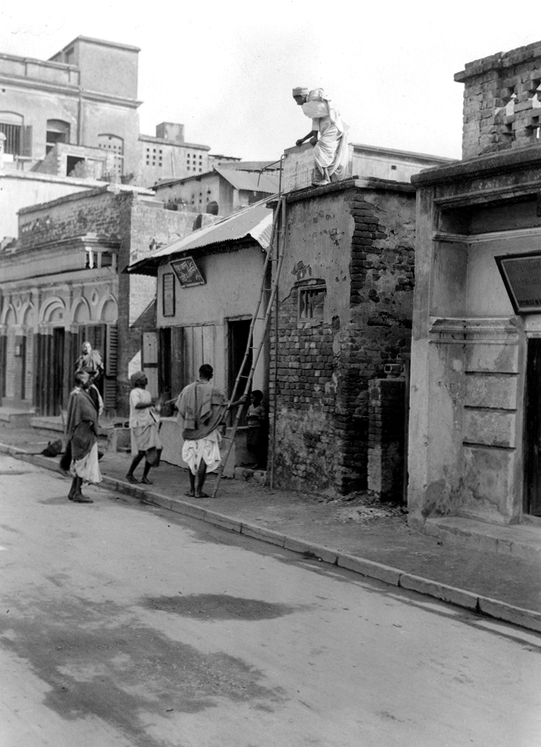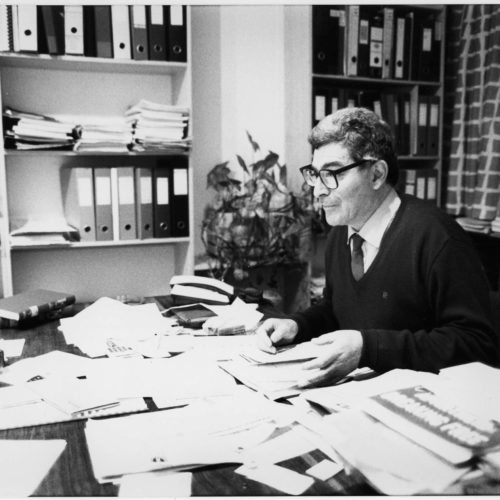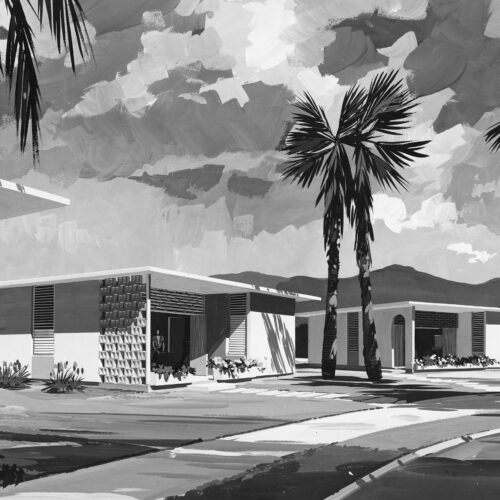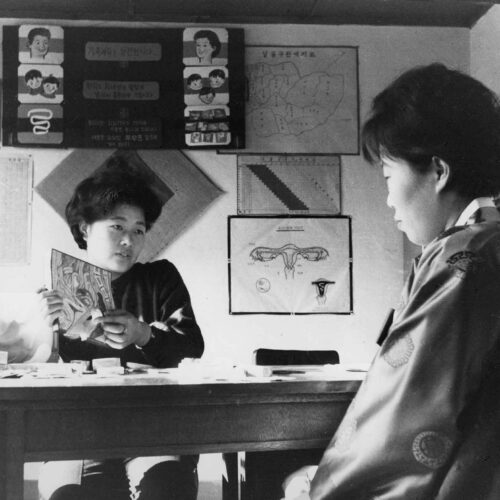In this latest edition of New Research, we offer readers a look at some recent archives-related publications. Available here are newly published reports submitted by RAC travel stipends recipients who have studied archival records in our reading room. These reports showcase a wide range of collections spanning different time periods, geographic areas, and disciplines. This particular set of reports cites records from the Institute of International Education, the Ford Foundation, the China Medical Board, and the Rockefeller Foundation. Their authors come from three different continents. Here is an opportunity to discover a bit about the wide range of topics covered and research approaches used by visitors in our reading room.
“The Institute of International Education and Student Exchanges in the Age of Dictatorship, 1933-1942” by Paul Petzschmann
Paul Petzschmann came to RAC to study the records of the Institute of International Education (IIE), an archival collection that came to RAC fairly recently. The IIE was founded in 1919 to support international educational exchanges. Dr. Petzschmann’s report, “The Institute of International Education and Student Exchanges in the Age of Dictatorship, 1933-1942,” looks at the ways in which the organization tried to navigate its program in the lead-up to World War II. Under the leadership of Stephen Duggan, the IIE seemed to operating on two tracks; it continued to foster the exchange program with universities in Nazi Germany, while at the same time, its vice president, Edward R. Murrow, was actively engaged with the Emergency Committee in Aid of Displaced Foreign Scholars, assisting persecuted Jewish academic refugees. Paul Petzschmann observes that a combination of faith in an idealistic sense of internationalism, coupled with a large degree of naïveté, shaped IIE’s policy during those troubled times.
Paul Petzschmann is the director of European Studies and a senior lecturer and research associate at Carleton College. His research interests center on the global intellectual community networks. He was a 2020 RAC research stipend recipient.
“The Ford Foundation and Educational Development in Early Post-Colonial India, 1951-1963” by Lourens van Haaften
Lourens van Haaften’s report, “The Ford Foundation and Educational Development in Early Post-Colonial India, 1951-1963,” highlights the richness of Ford Foundation records at RAC in his exploration of India’s efforts to re-imagine education after independence. As the researcher observes, the challenges for the new republic were quite daunting. He notes that “unequal access to schools along the lines of caste, gender, and religion; huge regional disparities; the unsolved question of vocational education; the shortcomings of teachers’ training; ingrained pedagogies of rote learning; and the focus of universities on professional training all conspired against the vision of an independent, modern, and self-sufficient India.” US foreign policy identified India as a critical actor in this Cold War era, and the Ford Foundation was able to foster educational reform activities in the world’s most populous democracy without carrying the stamp of official superpower involvement. Supported by archival materials at RAC, the report traces how the Ford Foundation successfully tapped into the inner networks of Indian policymakers to effect educational development and reform.
Lourens van Haaften is an assistant professor of history in the Faculty of Behavioral and Social Sciences at the University of Groningen. His research interests center on higher educational institutes, particularly in South Asia, as nodes in a transnational network of knowledge institutes, and how they have transformed societies. He was a 2023 RAC research stipend recipient.
“The China Medical Board’s Relationship with the Peking Union Medical College, 1914-1955: Ownership, Engagement, Diaspora” by Yuhong Jiang
Yuhong Jiang’s report provides readers with an overview of the relationship between the China Medical Board (CMB) and the Peking Union Medical College (PUMC) in the first decades of the college’s existence. In “The China Medical Board’s Relationship with the Peking Union Medical College, 1914-1955: Ownership, Engagement, Diaspora,” she examines the complex stories surrounding the establishment of this cornerstone institution of Rockefeller philanthropy’s efforts to bring Western medicine to Asia. Both the Japanese invasion of China and, a decade later, the establishment of the People’s Republic of China, reset the relationship in different ways. Indeed, as Yuhong Jiang notes, the Communist victory in 1949 brought about a severing of ties between the CMB and the PUMC (ties which were renewed when rapprochement between the US and China took place in the 1970s). The nationalization of the PUMC not only ended the CMB’s involvement with the college, but it also precipitated an additional crisis for the philanthropy. The China Medical Board no longer conducted philanthropic activities in China, so not only did its name seem off-the mark, but its whole mission needed to be reconsidered. The researcher points out that the CMB re-imagined itself by developing a series of programs and initiatives throughout Southeast and East Asia. By doing so, it positioned itself well to re-engage with China in later decades.
Yuhong Jiang is an associate professor in the School of Humanities and Social Sciences at the Peking Union Medical College. She is a former Fulbright visiting research scholar and was an RAC research stipend recipient both in 2019 and 2023.
“Climate and Conflict: The Rockefeller Foundation Support for the International Federation of Institutes for Advanced Study’s Climate Change Research in the 1970s” by Robert Naylor
“Climate and Conflict: The Rockefeller Foundation Support for the International Federation of Institutes for Advanced Study’s Climate Change Research in the 1970s” showcases an interesting chapter in Rockefeller Foundation (RF) history. During his time at RAC, researcher Robert Naylor looked for the background story behind the RF’s decision to support research in what was then a new field. He argues that that this support stemmed from the presidency of John H. Knowles, who led attempts to reform the Foundation’s image in response to challenges of the 1960s. In addition to reflecting a new RF presidential agenda, Robert Naylor argues that the Foundation’s funding was also a response to the passage of 1969 Tax Reform Act, which placed new responsibilities on foundations and also kept them in the public’s (as well as government’s) line of vision. Dr. Naylor points out that part of the Rockefeller Foundation’s interest in climate change research flowed from its long-established activities in supporting food-related research. Yet its new involvement in this interdisciplinary field created unexpected tensions within research institutions as well as at a policy level.
Robert Naylor is a lecturer at the University of Manchester’s Centre for the History of Science, Technology and Medicine. He is also editorial assistant at Cambridge’s Department of History and Philosophy of Science and is also assistant editor of the journal Physics in Perspective, at the University of Cambridge. Robert Naylor was a 2023 RAC research stipend recipient.
About the RAC Research Stipend Program
The Rockefeller Archive Center offers a competitive research stipend program that provides individuals up to $5,000 for reimbursement of travel and accommodation expenses. Learn more on our Research Stipend page.



